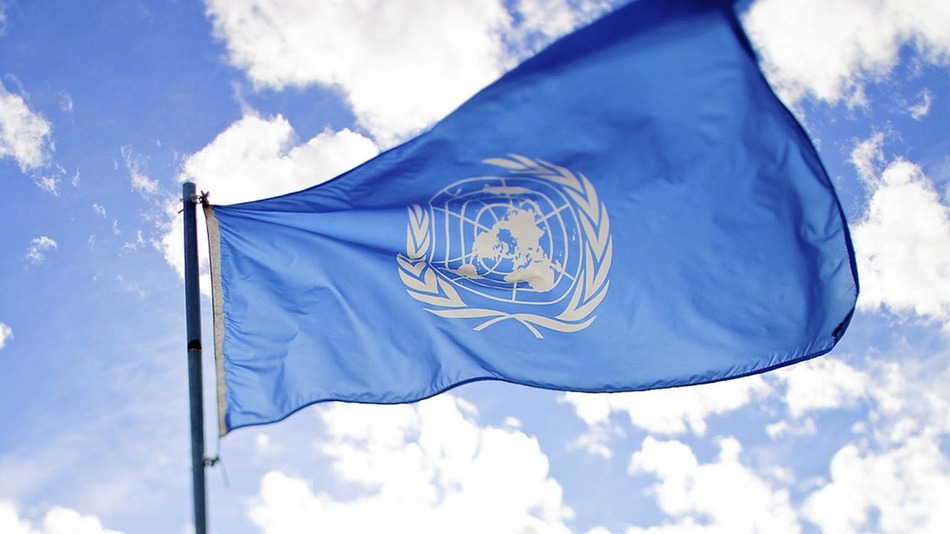Last week was one full of controversy, and I’m not even referring here to the impeachment circus currently taking place in Washington. In Israel, Benny Gantz and his Blue and White party failed to gather sufficient support to form a government. If neither he, nor any other Knesset member, can amass 61 seats in the next few weeks, Israel is headed to its third election in 11 months.
Last Friday, Israel’s attorney general, Avichai Mandelblit, indicted Prime Minister Benjamin Netanyahu on three sets of criminal charges. If convicted under the most serious charge of bribery in the so-called Beseq case, the prime minister could face serious jail time.
If indicting a sitting prime minister was not sufficiently groundbreaking, the prime minister’s response to the charges merely added fuel to the fire. He claimed that the indictment represented a coup d’état and that the attorney general should himself be investigated. This attack on the rule of law and on Israel’s democratic norms was unprecedented.
Two other Israel-related events last week were equally controversial. First was the unfortunate, but perhaps not unexpected, determination by the U.S. government to ignore its own legal opinions, those of most Western governments and a decision by the International Court of Justice. The Trump administration announced that it no longer considers the settlements in Israeli occupied territory to be illegal.
For its part, the Canadian government has neither changed its position on the status of the territories nor on the illegality of the settlements.
The second controversy, at least here in Canada, was the decision by Prime Minister Justin Trudeau’s government to vote in favour of a United Nations General Assembly resolution that calls for the right of self-determination of the Palestinian people.
I, and I believe many other Canadian Jews, support the Canadian government’s position on both counts.
The decision by the U.S. government is not only contrary to international law and practice, but as importantly, it puts a new major obstacle in the way of a peaceful resolution of the conflict between Israel and the Palestinians. Indeed, the current Israeli government’s official policy to continue to expand the settlements – a policy that is supported by the prime minister and a number of Likud MKs who are themselves settlers – is the main reason that most Palestinians do not believe there is an Israeli partner for peace at this time.
In regards to the recent UN resolution, I am not one who supports the annual targeting of Israel with 16 resolutions at the UN. There are, of course, many countries with far worse human rights records that the General Assembly never criticizes. Indeed, these include a number of countries that sponsored the resolution in question. Moreover, I don’t put all the blame on Israel for a lack of progress towards peace in the region. There is, in my view, plenty of blame to go around.
All that said, however, the UN resolution in question is entirely consistent with Canadian policy regarding the conflict. Canada supports a two-state solution and Palestinian self-determination, which is precisely what the resolution calls for. In addition, the vote this year was taken in a particular context. Canada did not wish to associate itself with the U.S. (one of only five countries to vote “no” on the resolution) at a time when the Trump administration has taken a number of extremely unhelpful decisions – decisions with which Canada fundamentally disagrees and which are detrimental to prospects for peace in the region. These include “legalizing” the settlements, moving the U.S. embassy to Jerusalem, cutting financial assistance to the Palestinians and supporting the annexation of parts of the Golan Heights.
Rather than signalling a major change of Canadian policy, Canada’s vote last week merely reaffirmed an existing Canadian government position that has been in place for over two decades.
It is important for Canada to continue to support all efforts, both people to people and political, to resolve the current conflict. In doing so, it will help ensure that both Israelis and Palestinians can live in peace and security going forward.
